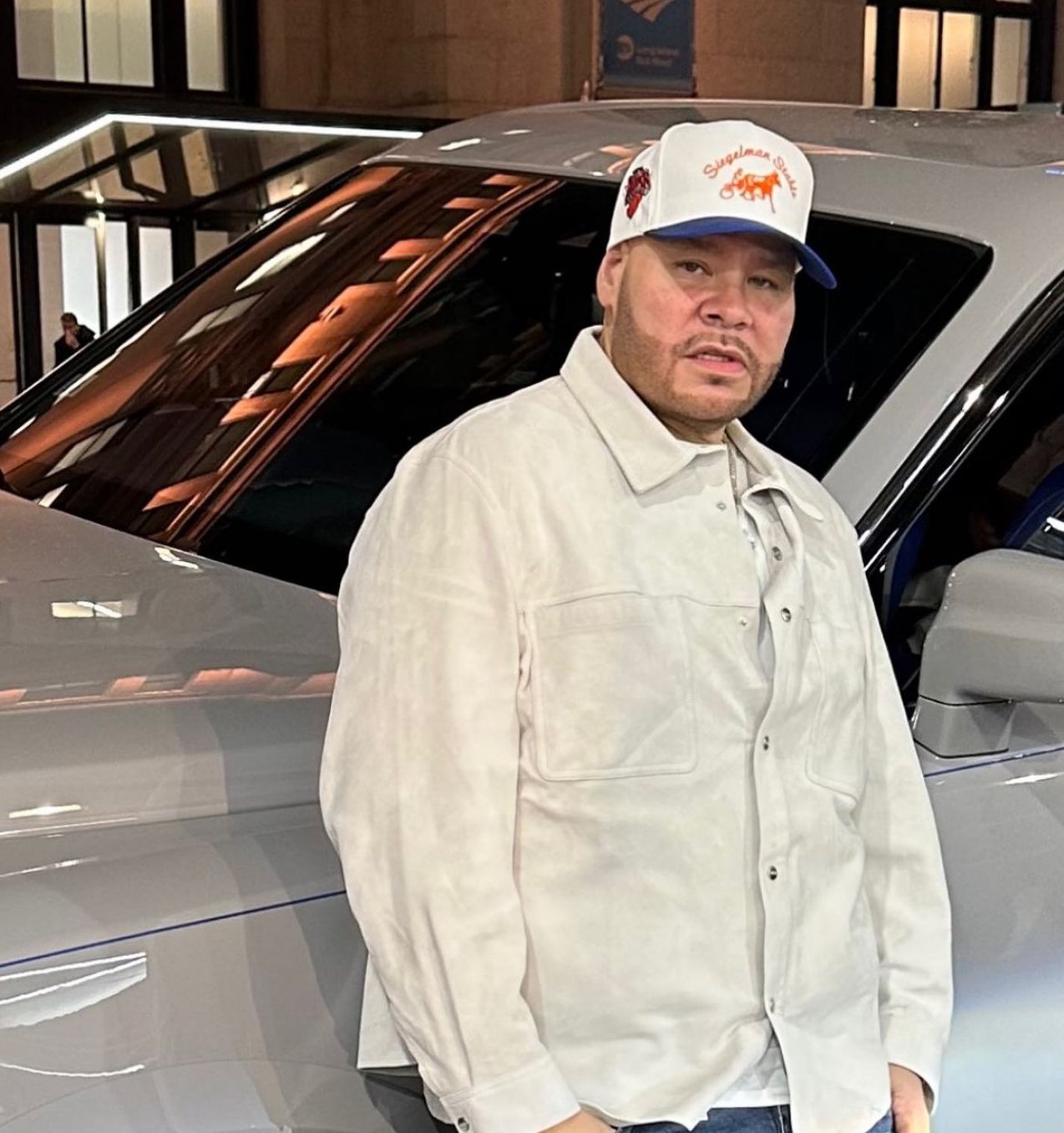In the inaugural episode of "King Charles," the new CNN show hosted by Gayle King and Charles Barkley, the controversial use of rap lyrics as evidence in criminal trials took center stage. The discussion delved into the case of Grammy-nominated hip-hop artist Young Thug, who is currently facing racketeering and gang conspiracy charges, with prosecutors presenting his song lyrics as part of the evidence.
The debut episode featured insights from Laura Coates, CNN's chief legal correspondent, and rapper Fat Joe, who has had a prolific rap career spanning decades. The focus of the discussion was the growing trend of using rap lyrics in legal proceedings, particularly when artists face charges related to criminal activities.
Young Thug's case serves as a prominent example of the intersection between artistic expression and legal consequences. Prosecutors have submitted his song lyrics as evidence in the ongoing racketeering and gang conspiracy trial, raising questions about the implications of using creative works as a basis for criminal charges.
During the show, Fat Joe expressed his disbelief and frustration at the practice of using rap lyrics against artists in court. Drawing from his extensive experience in the music industry, he argued that the majority of rap lyrics are fictional and crafted for creative purposes. He emphasized that these expressions should not be taken literally or held against the artist in a legal context.
The debate surrounding the use of rap lyrics in legal proceedings brings to the forefront the tension between artistic freedom and legal scrutiny. Artists often use poetic license to convey emotions, tell stories, and explore creative realms, but these expressions now find themselves under the microscope of the legal system.
Fat Joe's candid admission that a significant portion of his own lyrics are untrue underscores the fictional nature of many rap verses. Artists may draw inspiration from real-life experiences, but they also weave narratives that may not reflect their personal reality. This raises questions about the appropriateness of using such content as evidence in criminal cases.
As the conversation unfolds, public perception of the use of rap lyrics in legal proceedings becomes crucial. The episode prompts reflections on the potential impact on artists' freedom of expression and the establishment of legal precedents that could shape future cases involving creative works.
Beyond Young Thug's case, the broader implications of using rap lyrics in criminal trials are examined. The episode encourages a nuanced discussion on the fine line between interpreting artistic expression and imposing legal consequences, navigating the complexities of a legal system intersecting with the world of hip-hop.
As "King Charles" explores the intricacies of Young Thug's legal battle and the broader implications for artistic expression, it sparks conversations about the delicate balance between creative freedom and legal accountability in the realm of rap music.










